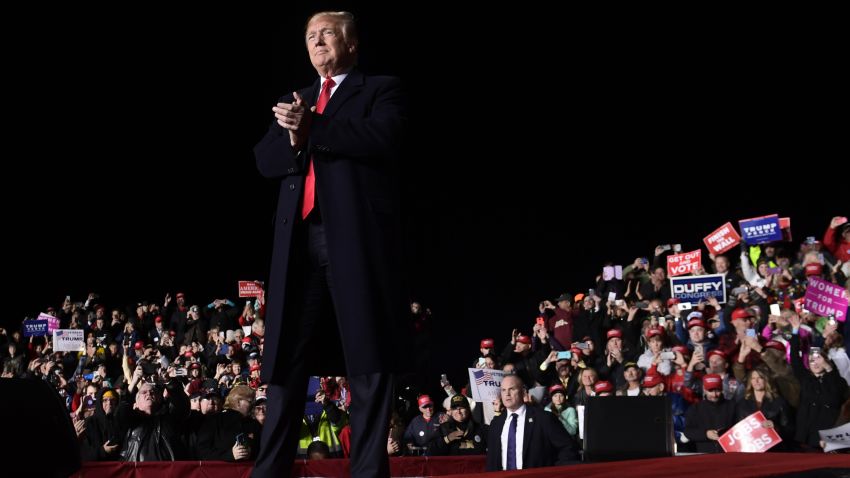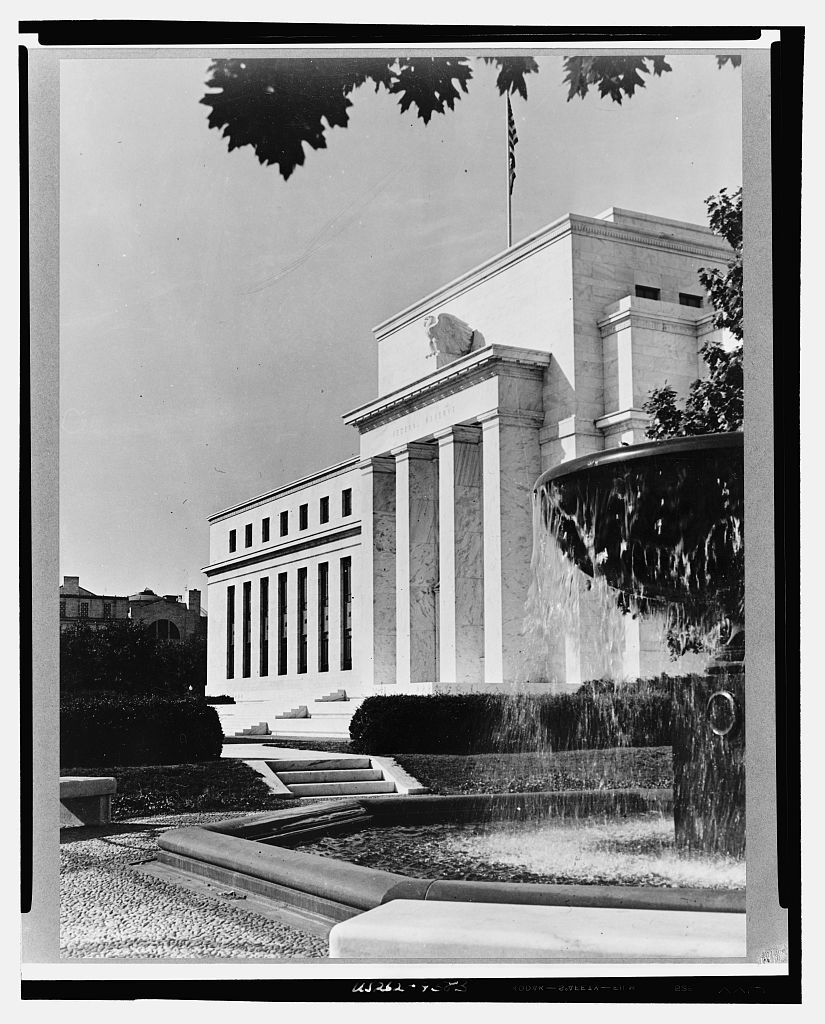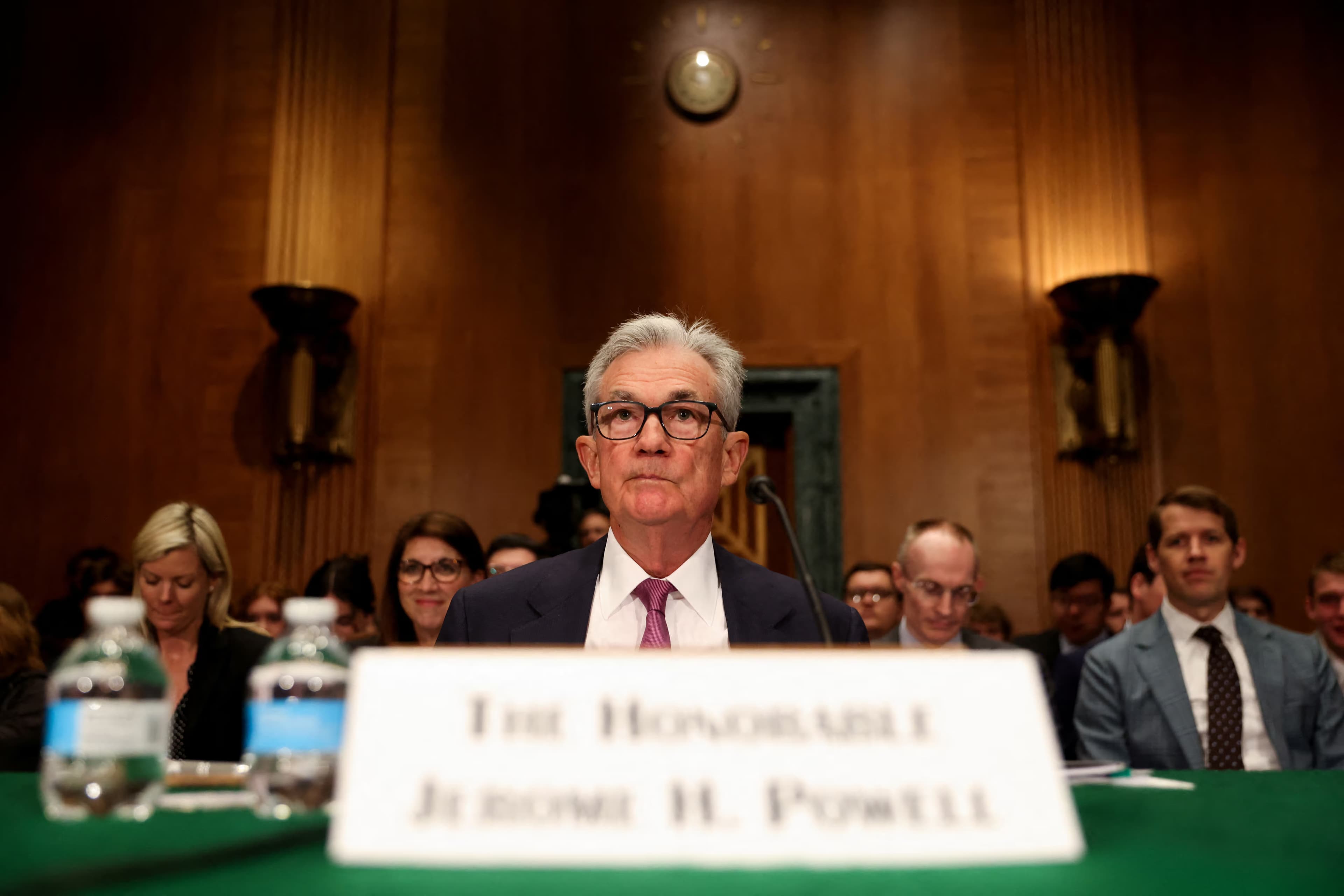Federal Reserve Chair Jerome Powell remains steadfast as President Donald Trump intensifies pressure for rate cuts, highlighting a growing rift between economic policy and political demands. This standoff is not just a battle over interest rates; it"s a fight over the very fabric of our economy, and it threatens to deepen the wealth divide that has plagued this nation for decades.
Powell Stands Firm Against Political Pressure
In a recent conference in Sintra, Portugal, Powell reiterated the Fed"s decision to hold interest rates steady, opting for a wait-and-see approach regarding the impact of Trump’s sweeping tariffs on the economy. As reported by AP, Powell stated, "As long as the economy is in solid shape, we think the prudent thing to do is to wait and see what those effects might be." This statement starkly contrasts Trump’s repeated calls for lower borrowing costs, which he claims would save taxpayers billions and invigorate economic growth.
Tariffs and Inflation: A Dangerous Intersection
The tariffs imposed by Trump have created an uncertain economic landscape, with Powell warning that inflation is likely to rise. According to AP, Powell acknowledged the unpredictable timing and extent of any price increases due to these tariffs. This uncertainty is particularly concerning for working-class families already strained by rising costs. The rising prices threaten not only the purchasing power of everyday Americans but also the fragile progress made in combating inflation over the past year.

Inside a Trump rally: Stelter’s view from the press pen | CNN Business
Economic Policy Under Fire
Trump"s attacks on the Fed signal a troubling trend where political pressures threaten the independence of economic policy. The president"s recent social media tirades, where he criticized Powell and the Fed governing board, highlight a dangerous precedent. Trump’s remarks, according to AP, could undermine the credibility of the Fed, an institution designed to operate free from political influence. This situation is exacerbated by the fact that rate cuts are often employed to stimulate a struggling economy, not one that is solid, as Powell asserts.
Consequences for Working Families
The implications of these economic decisions are profound, particularly for low- and middle-income families. While Trump insists that rate cuts would alleviate the burden of federal debt and lower interest costs for taxpayers, the reality is more complex. The Fed"s decisions heavily influence the financial markets, which subsequently affect mortgage rates and business loans. A cut in rates does not guarantee a decrease in borrowing costs across the board, and in fact, as reported by AP, the previous cuts did not necessarily translate into lower mortgage rates, which often rose instead.

Federal Reserve Building, Washington, D.C. | Library of Congress
The Fed"s Dilemma: Prioritizing Stability
As Powell navigates this tumultuous political climate, he faces a critical challenge: balancing the need for economic stability with the pressures from the White House. The potential for rising inflation due to tariffs could lead the Fed to reconsider its current stance, particularly as it awaits the results of its next policy meeting set for late July. With the ongoing uncertainty, Powell has left the door open for future rate cuts, stating, "I wouldn’t take any meeting off the table or put it directly on the table," according to AP. This precarious balance underscores the importance of maintaining an independent monetary policy that prioritizes the economic well-being of all Americans, not just the wealthy elite.







![[Video] Gunfire between Iraqi security forces and Sadr militias in Baghdad](/_next/image?url=%2Fapi%2Fimage%2Fthumbnails%2Fthumbnail-1768343508874-4redb-thumbnail.jpg&w=3840&q=75)
